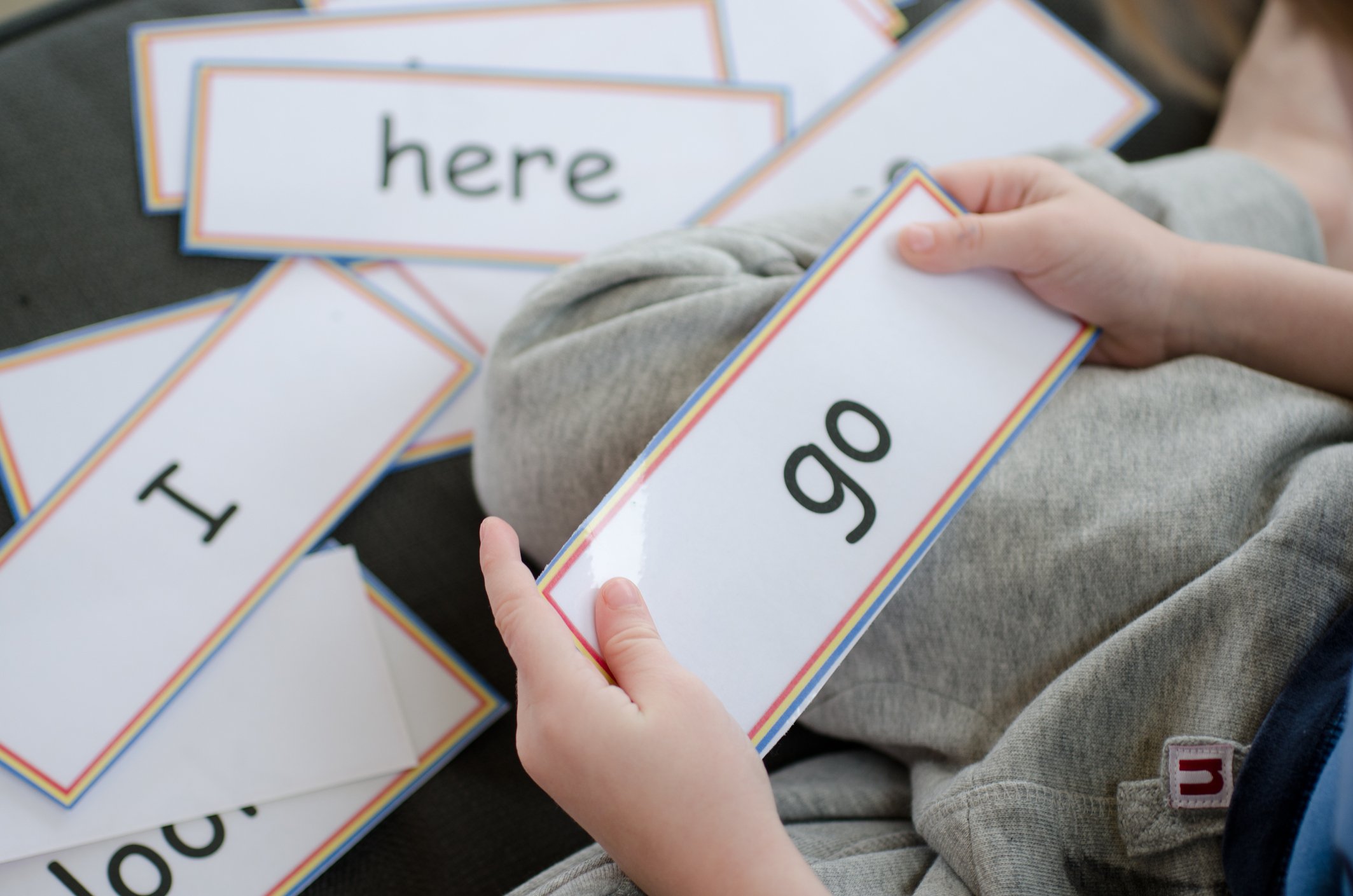
Now, more than ever, parents are pushing their children to work harder and faster, thanks to the pandemic. Week after week, we see articles of reports of children who are “falling behind” and trying to “catch up” from years of pandemic responses: masking, remote learning, and isolation. Unfortunately, this kind of pressure can make children learn to loathe learning — babies included.
When I say babies, I’m referring mostly to toddlers, those children whose parents often love to shove flashcards in their faces, present them with glossy workbooks, and load “educational” apps onto devices. Then, they boast how smart their kids are when the child memorizes and recites ABCs and 123s, site words, and even random trivia.
I have four children ranging from a teen to a kindergartner. I understand that we all want our kids to excel and be successful. However, I want parents to give themselves permission to stop. I mean full-on stop. A toddler and preschooler’s job is to do one thing: play. And here’s the secret: Through play, they learn.
When young children are in a ton of adult-led, highly supervised activities, they have little room for creativity, problem-solving, and socialization.
Yes, children need to learn to stand in a line, wait their turn, and listen to adults. However, they get much of this in kindergarten. They don’t have to be trained as if they are little soldiers when they are 2 years old.
My dear friend is a kindergarten teacher, and I remember asking her a question about my youngest’s learning at one point. Her response was so fantastic and frankly, a relief. She told me, “Don’t worry about it. Her kindergarten teacher will handle that.”
Yes, we live in a tech-heavy world. This doesn’t mean your toddler needs her own device, loaded with tons of educational apps. Yes, it will keep your child zoned out for good chunks of time, and yes, your child may learn a thing or two. However, their time is better spent outside rolling down a hill or looking for bugs. Let your child stick their nose in a book, not a device that requires blue-light filtering and parent controls.
Every single moment of your baby’s day doesn’t need to be “educational.” Their existence and natural curiosity, as well as time and space, will allow them to develop and enjoy learning new skills. The most important thing isn’t “getting ahead” or being the best when they are still in diapers.
Here’s the reality — childhood isn’t a race, and there are no prizes for the preschooler who can memorize the most site words or can say “hello” in five different languages. If we want children to love to learn, we have to show them that learning is fun and isn’t a contest. What’s even worse is taking what we’ve forced them to learn and implore them to perform for others in order to receive praise. Our children’s educational journey isn’t a circus act.
It's exciting to teach our children new things, but when this becomes an obsession, it isn’t healthy for the child. Our time would be better spent learning about child development and applying it to our parenting, as well as enjoying our child. Constantly nudging young kids to be better or the best will backfire.
When your baby is in their highchair, make eye contact and conversation with them instead of placing number flashcards between the two of you. When your 15-month-old is fussy, pull them onto your lab and read a book instead of handing them an alphabet game pulled up on your phone. You won’t regret the relationship you build with your child, and they will also come to understand that learning is fun, not burdensome.




